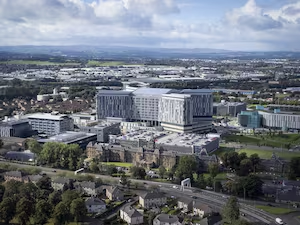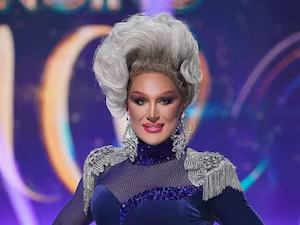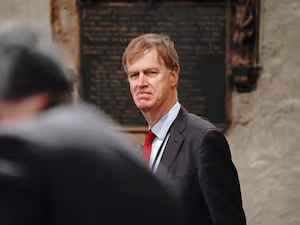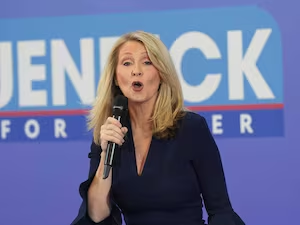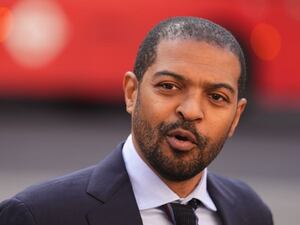Q&A: What are the political parties saying about crime during the election?
The parties differ in their approach to law and order.

Crime and policing continue to be key battlegrounds in this year’s General Election.
In the manifestos, there are many recurring themes among the series of pledges to crack down on criminals and boost services, although several are scant on detail and vague on funding sources.
Conservatives:
– Recruit 20,000 police officers over the next three years to replace those lost amid budget cuts since 2010.
– Give more police Tasers and body cameras.
– Establish a police covenant – recognising the responsibility and risks officers take and introducing a code of ethics.
– Give police and crime commissioners a bigger role and make them more accountable.
– Set up a National Crime Laboratory and a National Cyber Crime Force, although it is not clear what functions these would fulfil.
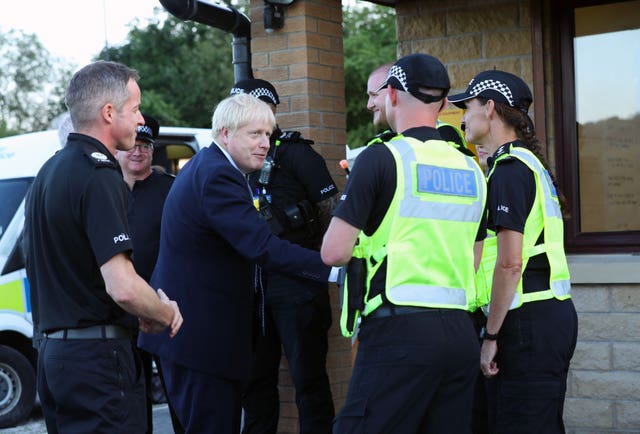
– Hand violence reduction units £35 million next year to fund preventative work.
– £500 million for youth services in a bid to cut youth offending.
– Give police powers to tackle illegal traveller camps.
– “Strengthen” the National Crime Agency (NCA) to tackle serious and organised crime.
Labour:
– Recruiting 22,000 more frontline police officers – 2,000 more than the Conservatives.
– Expand 18 Violence Reduction Units with an average of 20 more officers each, in police forces tackling the highest rates of violent gang crime.
– Focus on neighbourhood policing, PCSOs and police staff.
– Reforms to police funding.
– Better police training on domestic abuse.
– “Eliminate institutional biases against BAME communities” in the use of stop and search.
– Guarantee young people’s access to youth workers.
– Review the role and remit of the National Cyber Security Centre and the NCA.
Liberal Democrats:
– Extra £1 billion a year for neighbourhood policing to recruit 20,000 more police officers.
– Immediate 2% pay rise for serving police officers.
– A £500 million ring-fenced investment in youth services to tackle knife crime.
– Prevent youth violence by making services for young people a statutory provision.
– Hour target for transferring people in mental health crisis from police to health services.
– More mental health training for police.
– More resources for the NCA to tackle serious and organised crime, modern slavery and human trafficking.
– Form an online crime agency to deal with illegal internet content and activity like revenge porn and incitement to violence on social media.
– End the “disproportionate” use of stop and search.
– Expand the number of refuges and rape crisis centres to meet demand as well as grants for victim support services and a national helpline.
– Make councils responsible for housing and supporting domestic abuse victims.
– Scrap police and crime commissioners and replace with police boards made up of councillors.
– Maintaining access to Europol, the European Arrest Warrant and shared police databases by stopping Brexit.
Green:
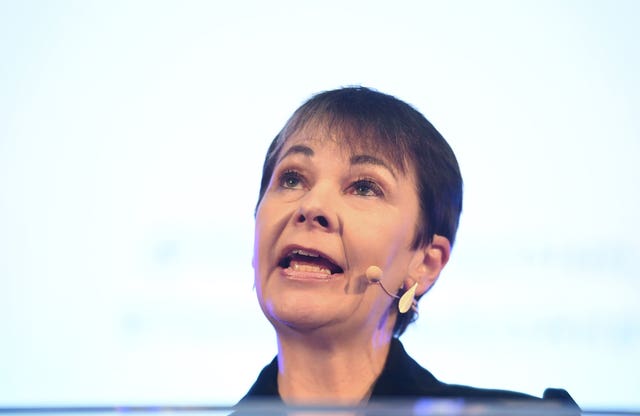
– Set up specialist programmes provided through youth centres to “end knife crime once and for all”.
– Tackle the “underlying causes of crime more effectively than CCTV cameras, stop and search or draconian sentencing can ever do.”
– Focus on prevention of crime with community-based policing.
– Establish community liaison and equality officers and “put more police on the beat”.
Brexit:
– Have “move visible policing” but increasing police numbers.
– Focus on combating violent crime, robbery and burglary.
– Target County Lines drug dealers, gangs and the growth of knife crime.

